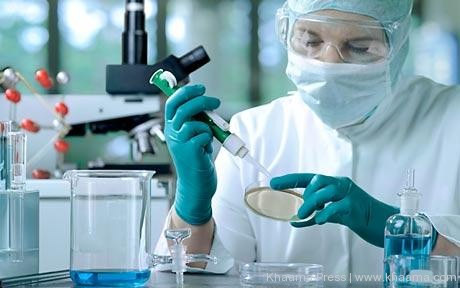SUMMARY
Role
Sound Designer
Intention (SMART Goal)
By March 1, as Sound Designer, I will have evidence of VISUAL STORY STRUCTURE (RHYTHM) by following Bruce Block – The Visual Story for Session 4.
PRE-PRODUCTION – INQUIRY
Leader(s) in the Field / Exemplary Work(s)
Ren Klyce
Social Network Notes:
- Opening soundtrack,
- beginning background noise and music/soundtrack
- noise level with all the background noise
- sparse soundtrack
- simple music
- street scenes, set the tone
- footsteps, bike chain, sirens, car noise, talking
- loud heavy bass music in the club, while Sean parker and Mark yell back at each other because of all the noise levels
- transition to rowing competition, different soundtrack
- classical music with heavy bass=high intensity/lots at stake
- ending/outro soundtrack
- each different soundtrack is used to set the tone, mood, or feelings of the scene
Training Source(s)
http://carbonfarm.us/365/readings/rhythm-block8.pdf
Project Timeline
- Research how to insert rhythm into the film
- communicate with director how to implement it into the script and film
- finalize with team
- work with cinematographer
- set up plan
- set up equipment
- film scenes
- upload to editor
Proposed Budget
No Budget
Evidence of Team Planning and Decisions
PRODUCTION – ACTION
The (FILM, SOUND, or GAME Creation)
Skills Commentary
POST-PRODUCTION – REFLECTION
21st Century Skills
Ways of Thinking (Creativity, Innovation, Critical Thinking, Problem Solving)
Ways of Working (Communication & Collaboration)
Tools for Working (Info & Media Literacy)
Ways of Living in the World (Life & Career)
A lot of the things we did as a team could be applied to a later career path; most importantly communication and collaboration. This paired with bringing an open mind allowed our team to flow easier because everyone brought something new and different to the table. With all of our ideas and communication we did everything we said we were going to do coming into the film production. This is a useful skill with anything as having an open mind and being able to communicate is invaluable.
Reactions to the Final Version
Our film received a lot of feedback. Do I personally think that this makes it bad? Absolutely not, the criticism allows me to know what to start, stop and continue doing. Jacob said that he thought our team had good communication and excellent conveying of ideas. The board members who reviewed our film all held the same thoughts on our film; Grayson said she got lost a few times, James Clark said at some points it was incoherent and Mr. Eric Belgau said it was not honed in.
Self-Evaluation of Final Version
Despite our struggle making this film I am very proud of it. I said what I wanted to do and I did it and it is displayed in the film. There is room to improve, there is much I can get better on, for my next project I want to be more organized and frame a clear story with my film in order to not have any shortcomings and to make sure my film is received the way I want it to be seen.
Grammar and Spelling
spell check
Editor
Nathan


